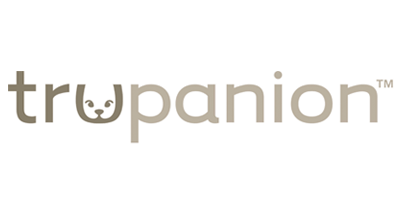
Employers consider health insurance an essential part of their compensation. These benefits have been steadily rising in cost for the past ten years. Increasing deductibles, prescription drug costs and health system pricing are among the reasons. These trends are leading to rising premiums and lowering wages. Employers are often frustrated by rising costs and increased administrative burdens. Others are seeking non-wage options.
Employers are increasingly using wearable devices for wellness programs. A survey showed that nearly half of all employers store data about employees' wearable devices. While health insurance continues to be driven largely by rising prices, employers are increasingly looking at alternative payment methods to help their employees.
According to the Congressional Budget Office the number of Americans who will continue to receive health care through their employer-sponsored plans will be the same 159 millions in ten years. This means that health insurance will remain a tax-favored option. In 2019, the cost of single coverage for a household will still exceed 9.86%.

Premiums are not just the cost of the health insurance, but also the cost of deductibles. A quarter of American workers have a minimum $2000 deductible. A quarter of American workers have a deductible of at least $2,000. This is why many companies choose to self-insure their employees. The self-insured plan can save money if claims are low. Employers are responsible for paying extra if the claim is larger than they expected.
The employee's age group determines the rate for small groups. Massachusetts workers below 25 years old are paid an average $1186 annually, while those above 25 receive $6,896.
Employers with larger budgets have greater control over the coverage of their employees' plans. Most large employers offer a biometric screen to their employees. They also provide a wellness program for employees and encourage them to go to lower-cost providers. Public sector employers can also customize their health plans to meet employees' needs.
The Affordable Care Act will shift employers with 51 to 100 employees into a merged health insurance market in 2016. These employers will see a rise in premiums of up to 9 percent. States are required to establish a rate each year. A $3,480 penalty is imposed on those who do not offer affordable plans.

In order to comply with the ACA, some small employers must make additional contributions to subsidize health insurance for their workers. For example, in Massachusetts, employers are expected to contribute $50 per employee per year.
Despite these requirements, the number of employers offering health insurance continues to decrease. Many small employers are dissatisfied with the uncontrollable costs of benefits, after a decade filled with rapid increases. Although these health insurance rates are not increasing for most employers, some are still finding it difficult to retain employees.
The unemployment rate is low and this means that it is becoming more difficult to retain employees. Employers face this issue. Employers will be penalized $2,320 per employee if they do not offer health insurance. There are also thousands of dollars in fines for failing to comply with COBRA, a law that requires employers to provide continuing health care for employees.